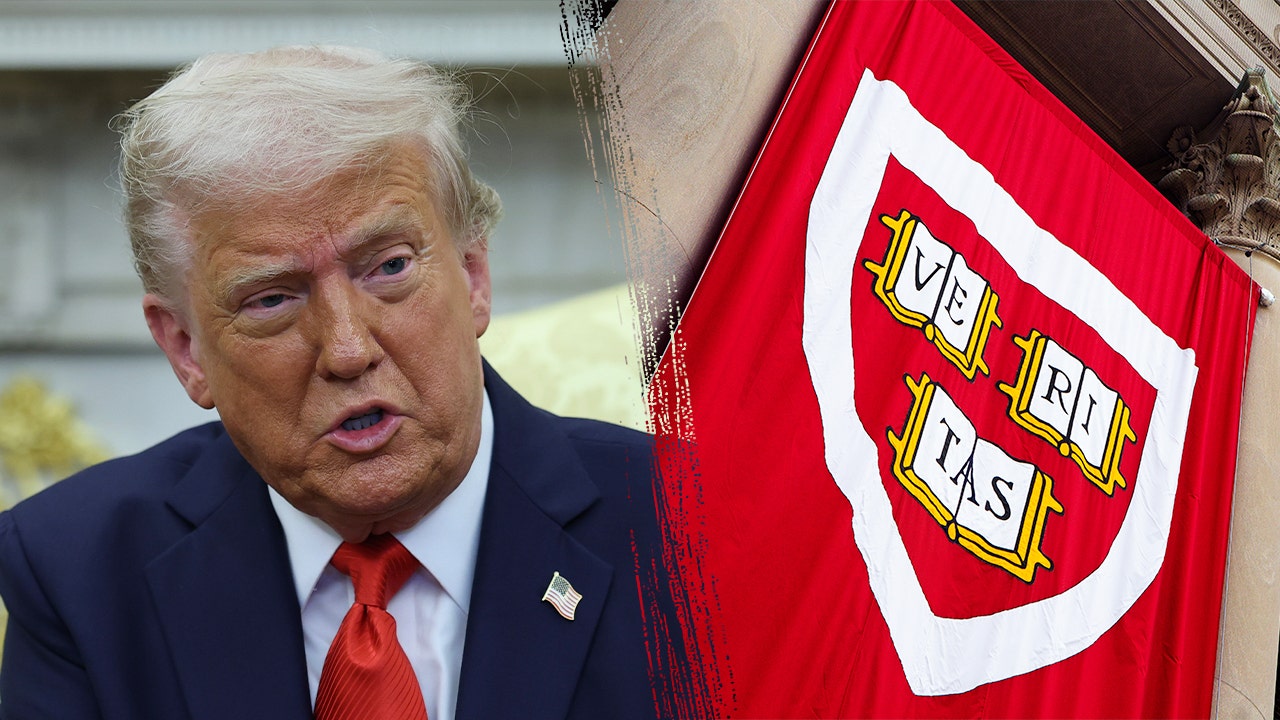Harvard granted near-term win in international student fight

A federal judge in Boston has granted an extension to a temporary restraining order that blocks President Donald Trump’s attempt to prevent international students from entering the U.S. to study at Harvard. This decision marks a short-term victory for the prestigious university in its ongoing battle with the Trump administration.
Harvard’s lawyers had requested U.S. District Judge Allison Burroughs to extend two restraining orders that prevented the administration from revoking the university’s credentials under the Student and Exchange Visitor Program (SEVP). Additionally, the orders temporarily halted a proclamation signed by Trump that restricted foreign nationals from traveling to the U.S. for educational purposes at Harvard.
During the court proceedings, Ian Gershengorn, a lawyer representing Harvard, argued that the proclamation violated the First Amendment. Judge Burroughs extended the temporary restraining order until June 23 to allow for further deliberation on a preliminary injunction, which would provide more lasting relief.
The dispute revolves around the Department of Homeland Security’s push to revoke Harvard’s SEVP credentials and Trump’s proclamation barring foreign students from entering the U.S. to study or conduct research at the university. Harvard’s legal team is seeking a preliminary injunction to prevent these actions from being implemented permanently.
Harvard contends that the administration’s actions have caused unnecessary uncertainty for the university and its international students. They argue that revoking their SEVP accreditation would violate the Administrative Procedure Act, the First Amendment, and the Fifth Amendment, resulting in chaos and lasting damage to Harvard without a valid reason.
The Trump administration has accused Harvard of fostering violence, antisemitism, and collaborating with the Chinese Communist Party on its campus. However, Harvard’s lawyers emphasized that these allegations have already created uncertainty for international students, as some were wrongly denied visas or detained by customs officials upon arrival in the U.S.
Losing its SEVP accreditation would impact approximately 7,000 international students at Harvard, comprising about 27% of the total student body. The university faces the challenge of either transferring these students to other U.S. universities or risking their student visas within 180 days if it loses its accreditation.
The legal battle between Harvard and the Trump administration has intensified in recent months, with the administration freezing grants and contracts awarded to the university and initiating investigations by multiple federal agencies. These actions have heightened uncertainty at Harvard and raised concerns about the university’s future.
Legal experts acknowledge the unprecedented nature of the case, as there is limited precedent for such disputes. The outcome remains uncertain, with scholars highlighting the lack of clarity due to the unique circumstances of the situation.
In conclusion, the extension of the temporary restraining order provides Harvard with some relief in its ongoing legal battle with the Trump administration. The university continues to uphold its commitment to its international students and defend its academic integrity amidst the challenging circumstances.




